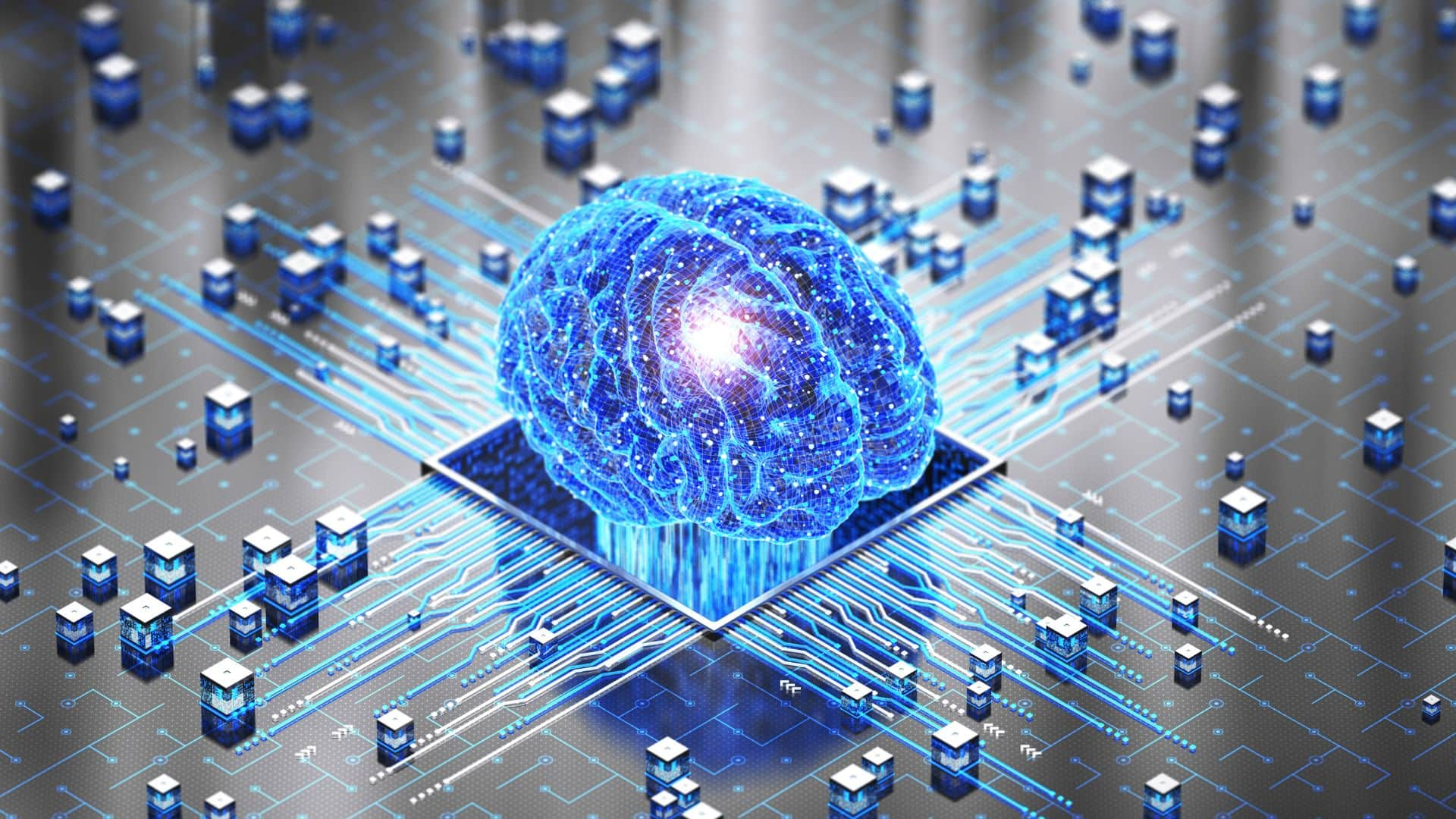
Universities can now rent human brain cells for AI research
What's the story
Swiss technology company, FinalSpark, has introduced a novel program that provides scientists with cloud access to 'biocomputers.'
These unique devices are constructed from human brain cells and can be rented for $500 per month.
The biocomputers or organoids, as they are also known, offer a low-energy alternative to traditional AI models and have a lifespan of up to 100 days.
Training process
A complex yet promising technology
Training these organoids is a complex process that involves two stages.
The first stage includes positive dopamine rewards and negative electrical stimulation.
Using these techniques, the organoids have been able to form new pathways similar to those in a living human brain.
Despite their short lifespan, AI systems require training on organoids which may need periodic transfer to new clusters or risk degradation.
Academic interest
Top universities gain access to biocomputers
FinalSpark has received requests from 34 universities for access to its biocomputers, but has granted permission only to nine institutions.
These include the University of Michigan, the Free University of Berlin, and Lancaster University in Germany.
The University of Michigan plans to continue its research on chemical and electrical prompts that could potentially modify organoid activity.
Technological advancements
FinalSpark's previous innovations and future plans
Previously, FinalSpark made headlines with the launch of Neuroplatform, the world's first bioprocessing platform.
In this setup, human brain organoids specialize in computational tasks instead of silicon chips.
The company claims that Neuroplatform can process around 16 brain organoids, using significantly less power than other counterparts.
Currently, FinalSpark is expanding its neuro platform facility and producing approximately 2,000 to 3,000 biocomputers.